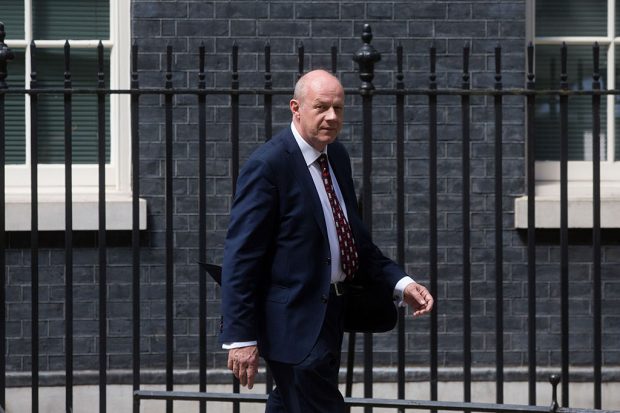Under David Cameron, it was sometimes tricky to tell who was in charge at the DWP. Iain Duncan Smith favoured a softer approach to welfare reform while over at the Treasury, George Osborne’s interventions were more nakedly political. It all came to a head in March when IDS resigned after Osborne announced £4bn of cuts to disability benefits. That was just over six months ago and seems like a distant memory in the pre-referendum haze. Yet it’s rapidly becoming clear that under Damian Green, things will be very different at the DWP.
As with other areas of Government, Theresa May’s work and pensions secretary has marked a signal departure with what came before. For one, Green is in charge. That might sound like a mute point but with Hammond at the Treasury taking the form of a less imperial chancellor than Osborne, the weird duopoly at the top is now gone. That rebalancing of authority enabled Green to make it clear that, under his watch, there won’t be any further welfare cuts nor plans for another reduction in the benefit budget.
The difference in tone about Tory plans for welfare is also striking – something that was clear from Green’s speech to the Conservative conference this afternoon. Out was any mention of ‘skivers’ versus ‘strivers’ and in its place came Green’s neat promise to be ‘hard headed but not hard hearted’. But Green’s pitch isn’t just about platitudes: the message he wanted to showcase was a departure from the old way of doing things.
This shift was most obviously shown during Green’s speech in the promise he made to end reassessments for those with health conditions they won’t get better from. This policy was revealed last week, but in his speech today, Green was a lot more vocal in indicating this idea was more than just an act of good sense. It was, he said, a departure from the ’pointless bureaucratic nonsense’ which came before it.
It’s possible, at a stretch, to interpret that as a dig at the legacy of his predecessor. At the very least, though, it’s an obvious sign that Theresa May’s government wants to wipe the slate clean on welfare. Green is one of the few figures in cabinet who can claim to be a close friend of the Prime Minister (the pair were at university together). So it’s clear that this small, subtle shift in tone today on welfare can be interpreted as part of the Prime Minister’s bigger plan: to help the Tories rid themselves of the ‘nasty party’ label which May famously said some viewed the Conservatives with.







Comments